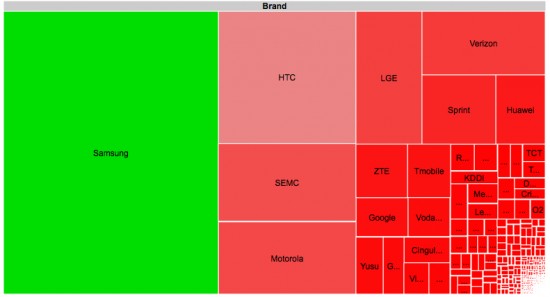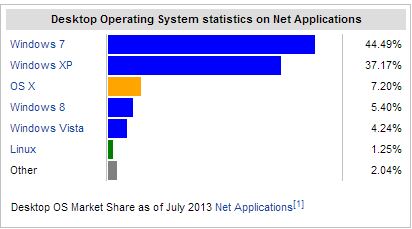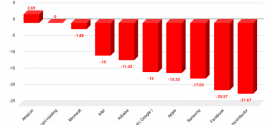Android fragmentation – this issue never seems to go away in the media, and I’m not sure it deserves to be in the media so much. I’d certainly like to have all devices receive the latest version of Android within months, too, and I think this is more of a problem of “will” from Google, but even more so from other OEM’s, who’d rather not spend so much money upgrading their dozens of models (which they themselves are making), than it is a technical one.
That being said, the consequences of the fragmentation problem are a lot smaller than most of the tech media implies, and we need to put it into context the Windows ecosystem context. Vista launched 8 years ago, and Windows 7 about 5 years ago, and yet Windows XP still has a whopping 37 percent market share.
So now we have to ask ourselves, why isn’t Windows getting the same kind of scrutiny for its “fragmentation”? It doesn’t because most XP programs work on the latest versions of Windows, and most recent Windows programs work on XP, too, (with the exception of the latest IE browsers, ironically, and Metro apps).
It’s the same on Android. Most 2.3 apps work on the latest versions of Android, and vice-versa. It’s the same situation. So then are we making a bigger deal of it than we should, if it’s basically the same situation in the Windows ecosystem?
I might have an answer for that, too, though – and that’s Apple. Apple updates all of its devices, up to 3 year old ones, to the latest version of iOS. But Apple only has a handful of devices with mostly the same hardware they’re using or have already used, even in some of their new devices (iPad Mini). So it’s really an apples and oranges thing (no pun intended), because while ideally we’d want all OEM’s to be as good as Apple in terms of upgrades and supporting their devices, the likelihood of that is pretty small, so the Android ecosystem, just like the Windows ecosystem, will have to get by with what it can get for now.
That doesn’t mean Google shouldn’t be striving for more standardization of hardware and software in the Android ecosystem, but even if they decide to do it (of which I’m not sure they want to do yet), it’s still going to take them many years to even get close to a “fix”, or at least a partial “good enough” fix, so more devices can get upgrades at least for 18 months after they were launched. Until then we’ll all be able to use our apps on all Android phones just fine.
 TechDomino
TechDomino




